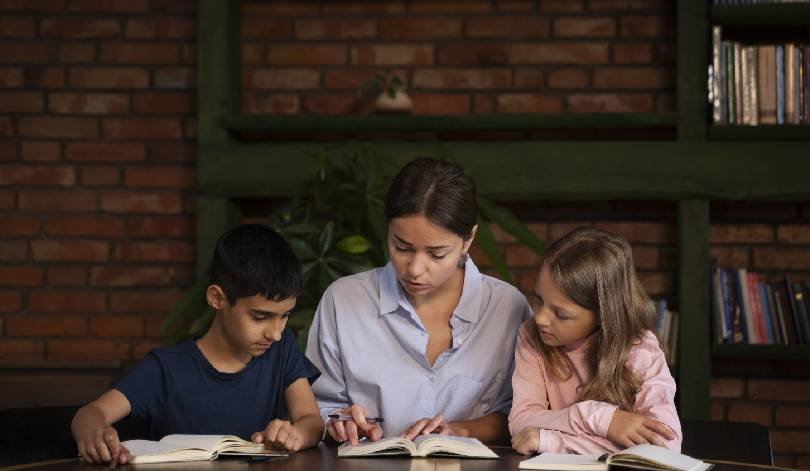After a long day at school, when a child returns home, they bring not just books and notes but experiences, emotions, and stories. Understanding these subtleties is more profound for parents than asking, “How was your day?” It’s about opening doors to meaningful conversations and ensuring that their child feels seen and heard.
1. Setting the Right Tone
The moment a child steps back into the home, the atmosphere they’re greeted with sets the tone for the rest of the evening. Warm welcomes, a smile, or even a hug can create a positive and open environment conducive to sharing.
2. Asking Open-Ended Questions
Instead of the usual “How was school?” parents can probe a little deeper with questions like, “What was the most exciting thing that happened today?” or “Did anything surprise you at school?” Such queries invite detailed responses and give insights into the child’s day.
3. Active Listening
When the child starts talking, parents need to be attentive listeners. This means putting away distractions, making eye contact, and showing genuine interest in what the child has to say.
4. Recognizing Non-Verbal Cues
Sometimes, it’s not the words but the silence, body language, or mood swings that reveal more about the child’s day. Parents need to be observant of these non-verbal cues, as they can be indicators of underlying emotions or experiences.
5. Creating a Daily Ritual
A consistent after-school ritual, like a snack-time chat or a walk in the park, can provide a predictable space for the child to open up. This routine reassures the child that there’s always a time and place for sharing.
6. Respecting Privacy
While involvement’s essential, parents must also recognize and respect the boundaries. If a child is not ready to share, forcing a conversation might be counterproductive. Instead, letting them know they’re available whenever the child is prepared to talk is more effective.
7. Encouraging Reflection
Rather than just recounting events, parents can guide their children to reflect on their day. Questions like, “How did that make you feel?” or “What would you do differently next time?” can help children process their experiences better.
Podar Learn School Seoni: Partnering with Parents
Understanding that the school day doesn’t end when the bell rings, the Podar Learn School in Seoni takes proactive measures to bridge the communication gap between the school and home. Through regular parent-teacher interactions, digital platforms, and fostering a community feel, the school ensures that parents are well-equipped to understand and support their child’s academic and emotional journey.
The school’s digital classrooms provide state-of-the-art education and keep parents informed about day-to-day activities. Furthermore, events and workshops organized by the school provide parents with insights and tools to effectively engage with their children post-school hours. The emphasis on holistic learning, as seen in the sports events in Seoni organized by the school, also means that parents have varied avenues to connect with their children, whether discussing a new skill learned or celebrating a win on the sports field.
Conclusion: Building Bridges, One Conversation at a Time
The journey back home from school is not just a physical transition; it’s an emotional and mental one. As parents play the pivotal role of welcoming their child back into the family fold, they have the power to transform the after-school hours into a time of bonding, Reflection, and growth. It’s about building bridges, one conversation at a time, and ensuring every child feels valued, understood, and loved.

